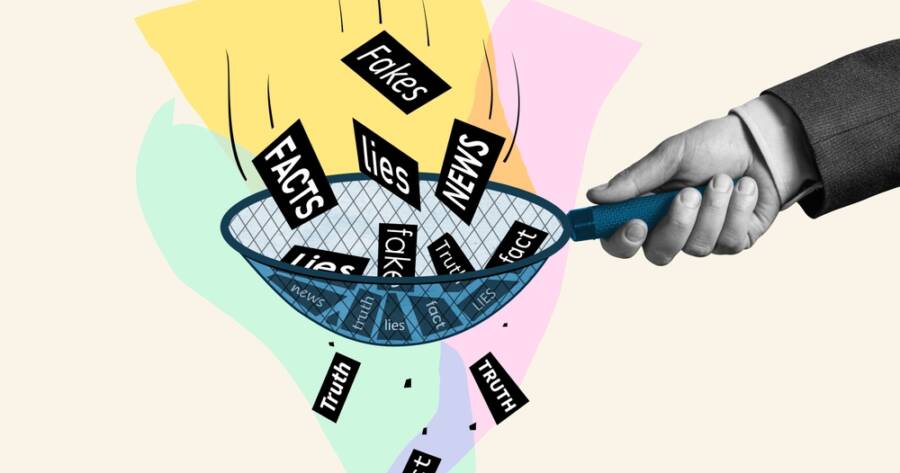Strong critical thinking skills make it easier to understand information, spot assumptions, and respond to situations with clarity rather than impulse. When faced with unfamiliar challenges or conflicting opinions, the ability to think with intention supports better judgment and stronger confidence. Careful evaluation brings more accuracy to daily choices, helping ideas form from understanding instead of guesswork. By approaching situations with curiosity and thoughtful analysis, decisions become more grounded and effective across all areas of life.
Understanding the Foundations of Critical Thinking
Critical thinking begins with awareness. It involves pausing long enough to evaluate information before forming an opinion or taking action. This skill grows when attention shifts from reacting on instinct to exploring different angles of a situation. Curiosity plays a major role, encouraging a deeper look at how and why something is happening.
A strong foundation also requires openness. Holding space for multiple perspectives helps prevent rushed conclusions, while allowing new ideas to surface. When judgments are made from evidence rather than assumptions, decisions become more dependable, reducing misinterpretations and strengthening problem-solving abilities.
Asking Better Questions to Gain Clearer Insight
Questioning is one of the most powerful tools for strengthening critical thought. Asking who, what, when, where, why, and how adds depth to understanding and brings more structure to analysis. This habit pushes thinking beyond surface-level details, uncovering motives, influences, and potential outcomes. The more precise the question, the clearer the path becomes.
Quality questions also challenge bias. When a person questions their own assumptions, the door opens for more accurate interpretations. This habit makes each decision more deliberate, grounded, and aligned with real evidence. Over time, thoughtful inquiry becomes a natural part of processing information.
Evaluating Sources for Accuracy and Reliability
Strong decision-making depends on credible information. Evaluating sources means paying attention to expertise, intent, and evidence behind each claim. Whether the source is academic, professional, or conversational, understanding its purpose and perspective helps determine how much weight it deserves. Information becomes far more valuable when its reliability is confirmed.
This skill also reduces confusion during overwhelming or conflicting situations. When facts are separated from opinions or misinformation, clarity emerges. Cross-checking details, comparing viewpoints, and verifying claims strengthen the ability to recognize trustworthy information. As a result, decisions become more accurate and resilient.
Strengthening Logical Thinking and Identifying Patterns
Logic supports critical thinking by connecting ideas in clear, structured ways. Recognizing cause and effect, comparing outcomes, and spotting patterns help break down complicated subjects into manageable insights. This analytical approach improves understanding and encourages thoughtful reasoning rather than emotional reactions. As logic grows stronger, confusion decreases and confidence increases.
Identifying patterns also improves problem-solving. When repeated behaviors, trends, or results become visible, predicting outcomes becomes easier. This awareness simplifies choices and reduces the chances of missing important clues. With improved logic, decision-making feels more strategic and informed.
Managing Biases to Think More Objectively
Bias shapes perception without being consciously noticed. To improve objectivity, it helps to acknowledge personal beliefs, habits, and emotional responses. Reflecting on why certain viewpoints feel more comfortable allows room for more balanced thinking. Recognizing bias doesn’t eliminate it entirely, but it lowers its influence.
Objectivity grows when new perspectives are welcomed. Learning from people with different backgrounds or expertise expands understanding and reduces blind spots. This openness strengthens decision-making by allowing more possibilities to be considered. Over time, the mind becomes more flexible and capable of evaluating situations with fairness.
Practicing Critical Thinking in Everyday Scenarios
Daily life offers plenty of opportunities to practice critical thinking. Simple tasks like choosing a product, interpreting news, or solving minor challenges strengthen analytical skills when approached with intention. The key is slowing down enough to examine the situation instead of rushing through it. Even routine decisions benefit from a little extra thought.
Practice builds familiarity, making critical thinking feel more natural. The more frequently this skill is used, the easier it becomes to recognize patterns, avoid assumptions, and reach meaningful conclusions. With consistent effort, everyday moments transform into valuable training for more complex decision-making.
Embracing a More Thoughtful Approach to Choices
Growing strong critical thinking skills leads to more confidence, clarity, and awareness in daily life. Each decision becomes less reactive and more intentional, supported by careful evaluation and open-minded curiosity. With steady practice, complex situations feel easier to navigate, and sound judgment becomes second nature. A thoughtful mindset creates a foundation for better outcomes, both personally and professionally.

